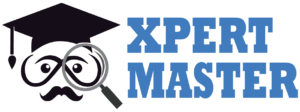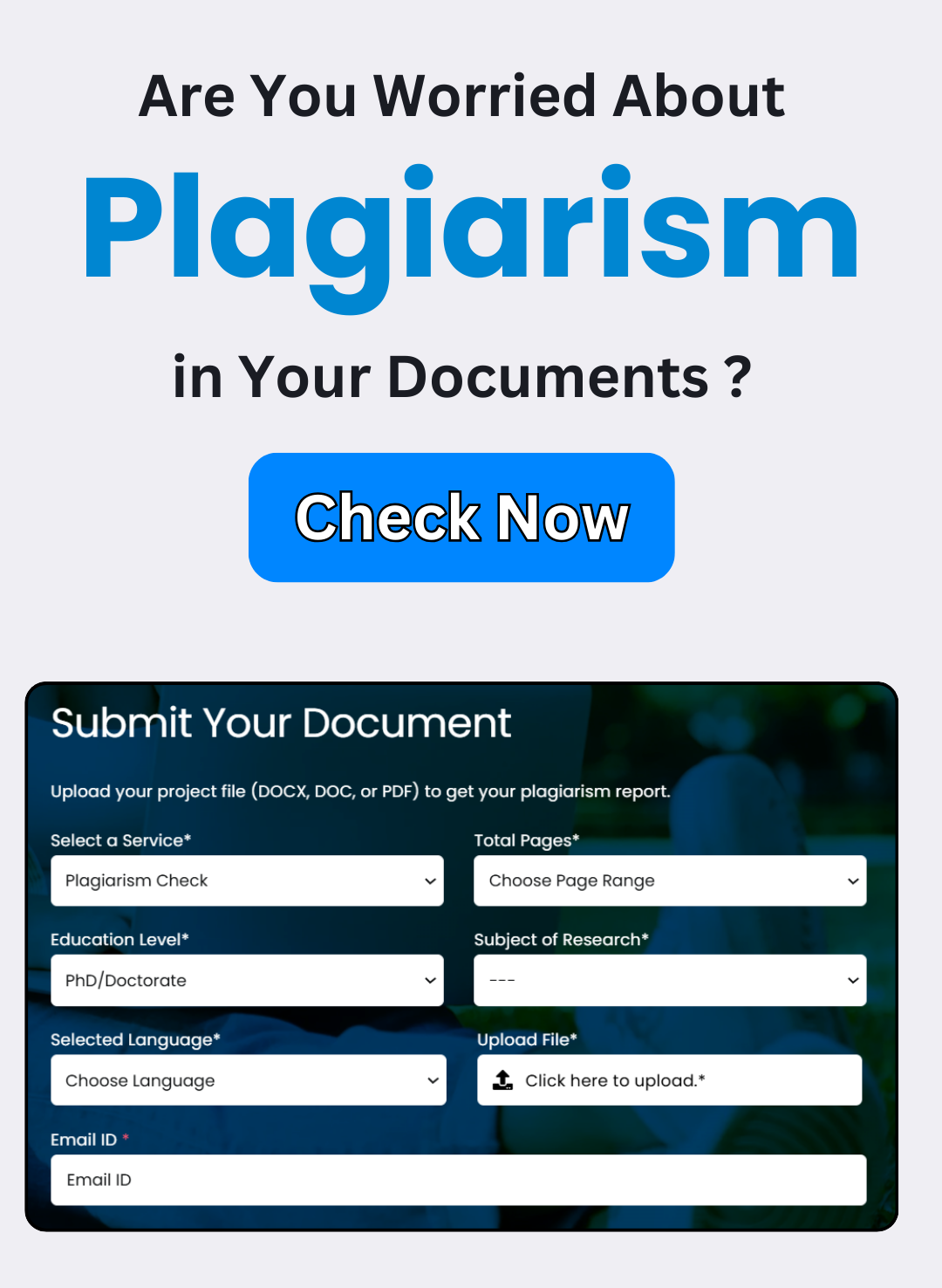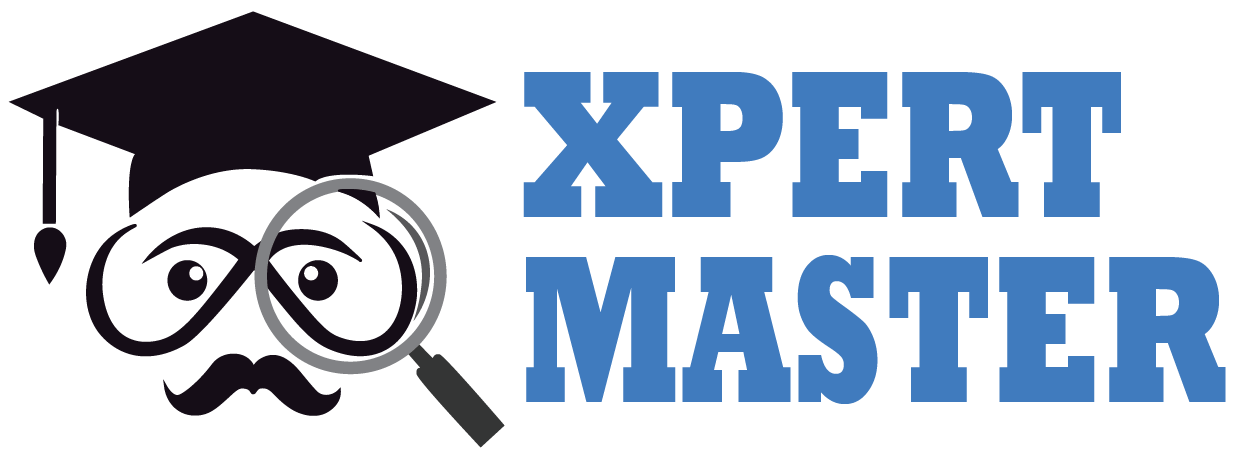Are Free Online Plagiarism Checkers Reliable for Academic Use? Here’s What You Need to Know
Should You Rely on Free Online Plagiarism Checkers in Academia?
When it comes to academic integrity, plagiarism checkers can be a valuable resource for identifying potential issues with source attribution. However, the question remains: Are free online plagiarism checking tools reliable enough for academic use? While these tools can help in detecting instances of copied content, there are some important considerations to keep in mind before relying on them fully.
Why You Might Want to Avoid Using Free Online Plagiarism Tools in Academics
1. Accuracy Issues
Although many online plagiarism checkers are quite effective, they don’t always catch every case of plagiarism. Some forms of plagiarism, like paraphrasing or reworded content, may not be flagged by these tools. This means that relying solely on these tools may not provide a comprehensive analysis, and you may miss some instances of plagiarism that should be addressed.
2. False Positives
Another limitation of free plagiarism checkers is their potential to flag original content as plagiarized. This can happen when the tool detects similarities in common phrases, structures, or even widely used terminology that appear across various academic works. Such false positives can be confusing, so it’s essential to manually review flagged content to assess whether it’s truly plagiarized or merely coincidentally similar.
3. Limited Functionality
Most free plagiarism checkers come with certain restrictions, such as word count limits or a cap on the number of documents you can check. This can become an issue if you need to scan lengthy papers or check multiple drafts of the same document. The limited features might not meet the needs of educators or students handling complex or lengthy academic writing.
4. Overreliance on Technology
Relying too much on automated tools to detect plagiarism could result in diminished critical thinking skills. Students and educators may overlook the importance of understanding proper citation methods or the subtleties of academic writing, focusing too heavily on technological solutions instead. Developing a solid grasp of citation practices and honing one’s ability to paraphrase effectively are crucial skills that shouldn’t be sidelined.
Conclusion: Striking a Balance
While free online plagiarism checkers certainly have their place in academia, they should be used as one part of a broader strategy to ensure academic integrity. These tools are helpful, but they should not be your only line of defense. By complementing plagiarism checkers with solid citation practices, critical thinking, and manual editing, students and educators can maintain the quality and originality of academic work.
At the end of the day, plagiarism detection tools are aids, not replacements for a deep understanding of proper academic writing. Relying on both technology and your own skills will ensure that your work is both academically sound and ethically responsible.
Plagiarism Detection Tools for Non-University Users: Turnitin Plagiarism Check
Plagiarism is a serious concern for students, independent researchers, authors, and freelancers. […]
Ways to Detect Plagiarism Without Access to Turnitin
Turnitin is one of the most popular plagiarism detection tools used by […]
Can Turnitin Detect Plagiarism Tricks? Understanding Turnitin’s Capabilities
Can Turnitin Detect Plagiarism Tricks?
Turnitin is one of the most trusted tools […]
Turnitin Plagiarism Detection Benefits
Turnitin Plagiarism Detection Benefits
Turnitin is one of the most trusted and widely […]
What Is an Acceptable Turnitin Similarity Score in 2026? A Complete Guide for Students
What Is an Acceptable Turnitin Similarity Score in 2026? A Complete Guide
In […]
Plagiarism Checking and Removal Services on WhatsApp – Fast & Reliable Support
Introduction:
In today’s academic and professional world, ensuring that your work is plagiarism-free […]


